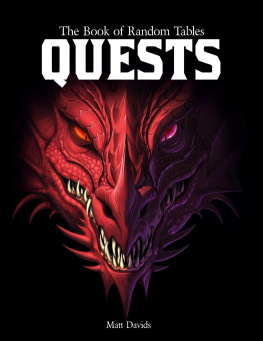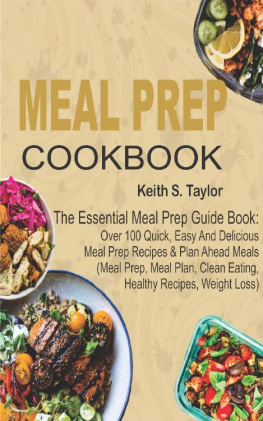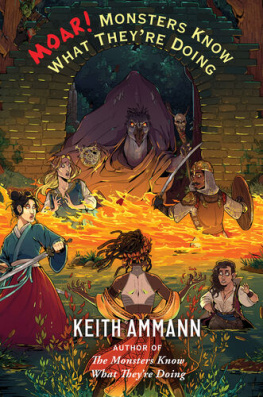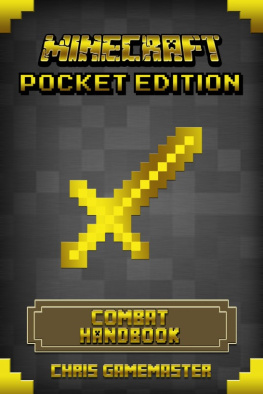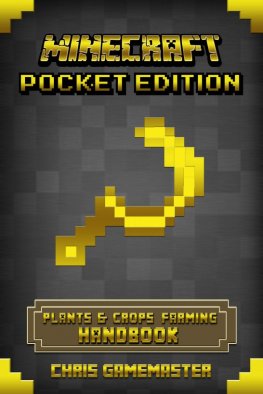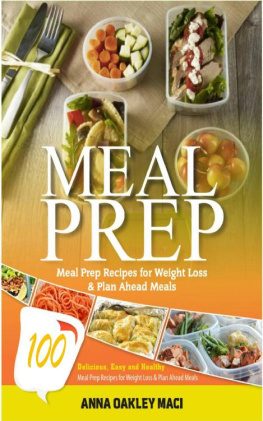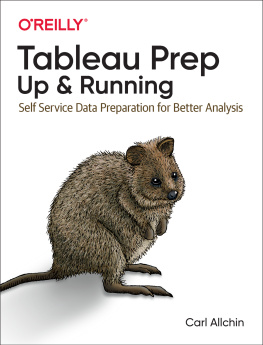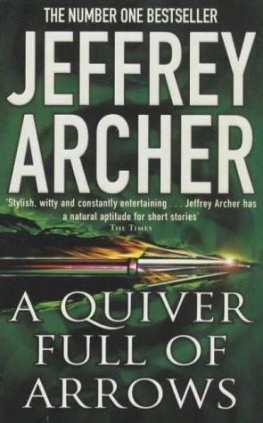Contents
The No-Prep
Gamemaster
Or How I Learned to Stop Worrying and Love Random Tables
Matt Davids
Get Free Dungeon Maps and More
dicegeeks.com/free
Glossary
RPG - Abbreviation for Role-Playing Game
TTRPG - Abbreviation for Tabletop Role-Playing Game
Gamemaster - The person who runs a role-playing game session or campaign.
Player - Any person playing an RPG that is not the gamemaster.
GM - Noun: Abbreviation for Gamemaster, Verb: The act of running an RPG.
Character - A fictitious individual created for an RPG.
NPC - Abbreviation for Non-Player Character.
Non-Player Character - Any character controlled by the GM.
Player Character - Any character controlled by a player.
Session - A block of time spent playing an RPG in one sitting, usually two to four hours.
Adventure - One session with a complete beginning, middle, and end.
Campaign - A series of linked sessions played by the GM and players.
Railroad - The act of a GM taking away player agency.
OGL - Abbreviation for Open Game License
Introduction
My intention with this small volume is to relieve the massive amount of pressure that is often placed upon gamemasters. It began as articles that I posted on my website dicegeeks.com .
I gathered them here and expanded and added to the content, so the information and advice I share would be convenient for any who wish to improve their role-playing.
The book is organized into three sections: Arcana, Three Keys, and Arrows in the Quiver.
The Arcana section deals with my history and struggles with learning how to gamemaster and why I decided to stop preparing for sessions. If you are looking only for practical tips, this section can be skipped.
The Three Keys section is the heart of the No-Prep Gamemaster. These short chapters provide the framework on which anyone can begin to gamemaster without preparation.
Arrows in the Quiver is a selection of tips and tricks that a GM can use at any time to cut down preparation time.
I hope that whoever reads this book will be inspired and empowered to run better campaigns. The advice contained here coupled with the experience of running games should make every gamemaster a No-Prep Gamemaster.
Matt Davids
8-5-2019
ARCANA
Gamemaster Evolution
The first time I was a gamemaster during a tabletop roleplaying game session was the day after I played Dungeons & Dragons for the first time. I ran my mom through a simple dungeon.
Rules? I didnt really know the rules other than what I had just learned (and distorted) the night before. I was nine years old. ( I still have my childhood characters .)
Needless to say, role-playing games stirred something within me and I took to them as if they had always been a part of me.
TABLETOP RPGS IVE PLAYED
From the beginning I began branching out and before long I had played many different RPGs.
I continue to play Dungeons & Dragons , but I have played Pathfinder , Marvel Superheroes , Star Frontiers , FASA Star Trek , West End Games Star Wars, Fantasy Flights Star Wars, Stars Without Number , most of the Palladium games and more.
BECOMING A GAMEMASTER
When I was young I quickly found that if I wanted my friends to role-play, I needed to be the gamemaster.
I desired to play more than they did; I had the books, so I was elected the gamemaster. Also, if someone has never heard of an RPG it is hard to expect them to be the gamemaster.
I think my initial naivety helped me in one way and hurt me in another.
Jumping into running a game right after I played for the first time taught me that GMing doesnt have to be a big deal. I thought anyone could be a GM. At the same time, it hurt me because of that same assumption that GMing wasnt a big deal and that anyone could run a game.
I would run a game for a few of my friends. They would love it and ask when we were playing next. I would ask if anyone else wanted to run a game. They would say they didnt know how and I would say that I didnt either. They could try it and learn how.
Then I would run the next game.
THE BITTERNESS OF A GMS SOUL
My first forays into GMing were certainly disastrous. However, I wouldnt change them for anything because they were creative learning experiences.
In that sense, they were not failures.
ALL ABOARD!
When I first started gamemastering, I had the tendency to a railroad my players quite extensively. I would come up with dungeons or some situation in a sci-fi setting with only one exact outcome.
I would wait - sometimes for hours - for my players to discover it. If they didnt, then I would intervene in some way to save them, usually through a GMPC that I would rather have been playing.
I have a clear memory of planning out a dungeon and thinking, Okay, at this fork in the passage my players will go right first, so I planned for something to happen specifically if they went right first and then left.
However, as soon as my players came in contact with that dungeon they went left first and I nearly lost my mind. After some disasters railroading my players, I decided I would only run sandbox campaigns.
YOU CAN DO ANYTHING!
With these sandbox campaigns, I attempted to create everything in the entire world. Continents, planets, towns, cities, rivers, oceans, villages, everything the players could interact with and have a wonderful experience.
These sessions proved to be very popular. However, they were draining on me. Not only was I creating many things that no one would ever see or touch, players can only do so much after all.
But I was also working myself so hard that if a session was canceled or if nobody showed up I would become angry and bitter. Honestly, I didnt know what I was supposed to do and I thought the gamemaster was supposed to have amazingly huge campaigns and great adventures waiting for the players.
Truth be told, at this time in my life I had only played 10 or so times without being the GM. I really didnt know what I was doing.
SOMETHING HAD TO CHANGE
As I got older and there were more demands on my time, I realized that there was no way that I could keep preparing gigantic campaigns. Preparing tons of this material just to have no one show up or to have every session canceled is soul-crushing.
Something had to change, so I started evaluating what it means to be a gamemaster.
True Role of the GM
It is a dirty little secret among the role-playing game community that there are very few people who actually want to be a gamemaster, or at least who want to be a GM exclusively.
I think that is because the role of the gamemaster is often misunderstood. Lets take a look at what the role of the gamemaster is and how we can learn to master this craft. And of course run fun games for our friends and family.
WHY IS RUNNING A TABLETOP RPG A BIG DEAL?
The gamemaster is usually made out to be such a huge deal.
Tons of pressure is put on that person to create an entire world from the cow in the field, to the random hunters on a hillside, to the raven flying on the wing, to the pretty barmaid, to the elf prince, to the surly innkeeper.
Now, some GMs like this because it gives them a mystique. They get to be the cool kid for once. Only so-and-so can run the game hes so special.
Im not making fun of anyone. I totally did this. I milked the power the gamemaster for all its worth a number of times.
Players on the other hand hide behind that idea of mystique. It takes so much creativity and hard work, they could never GM. Only those special people who can channel the spirit of Tolkien or Heinlein can run a game.
However, as were going to see you do not have to put that much pressure on yourself. A person should be able to pick up a gamebook and run a session on a moments notice. Just like a player could play a role-playing game on a moments notice if they have a character.


